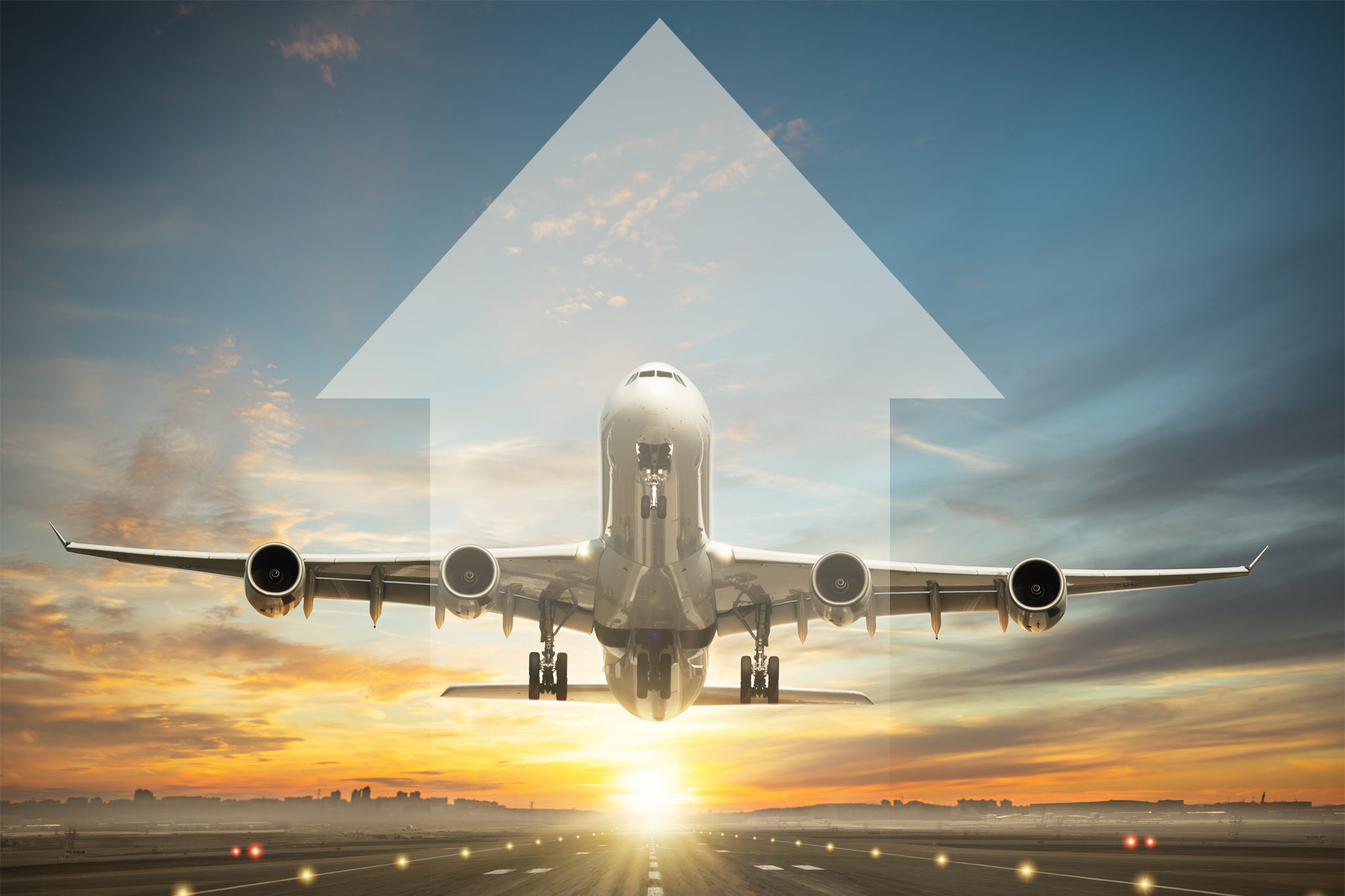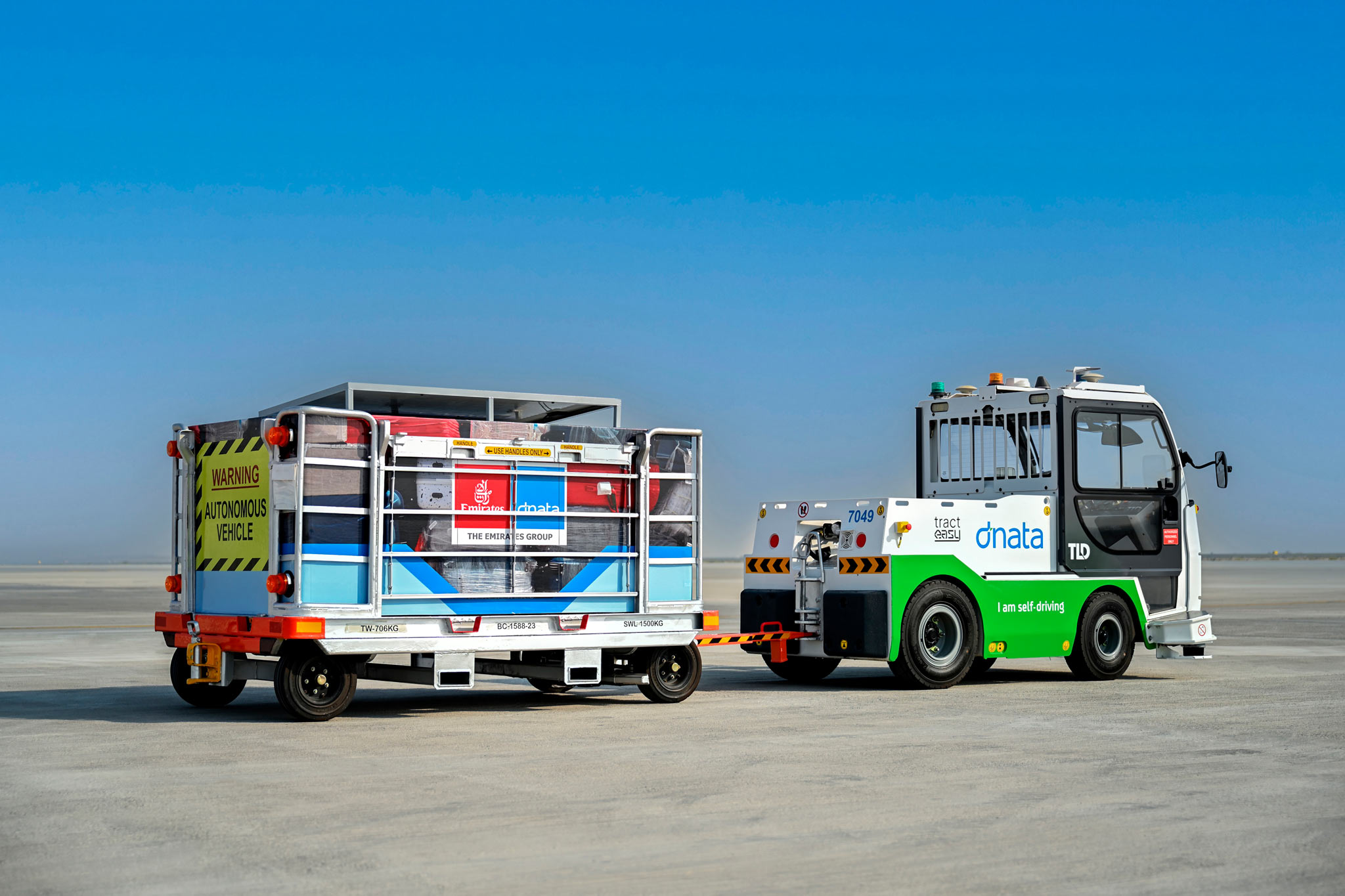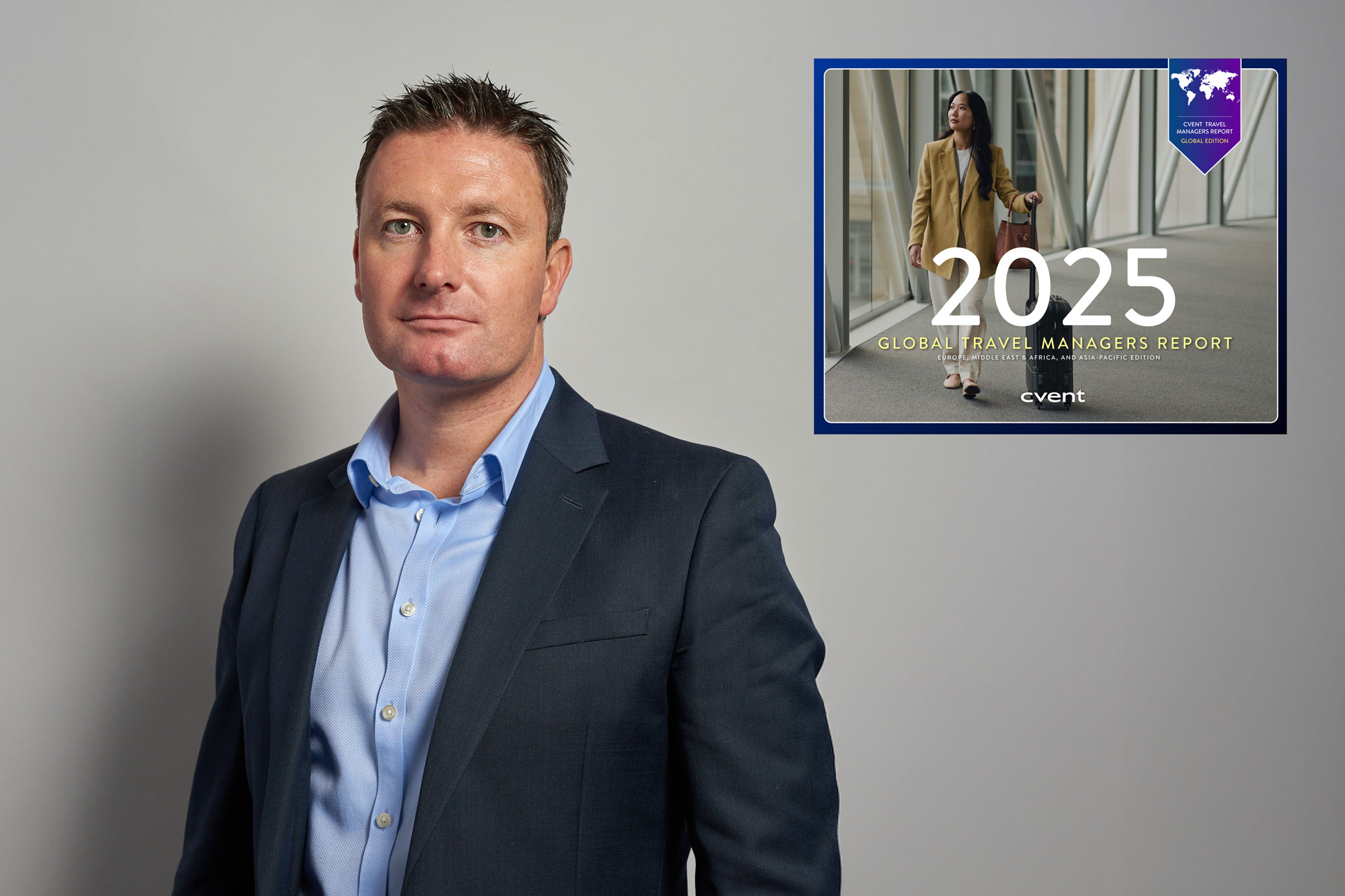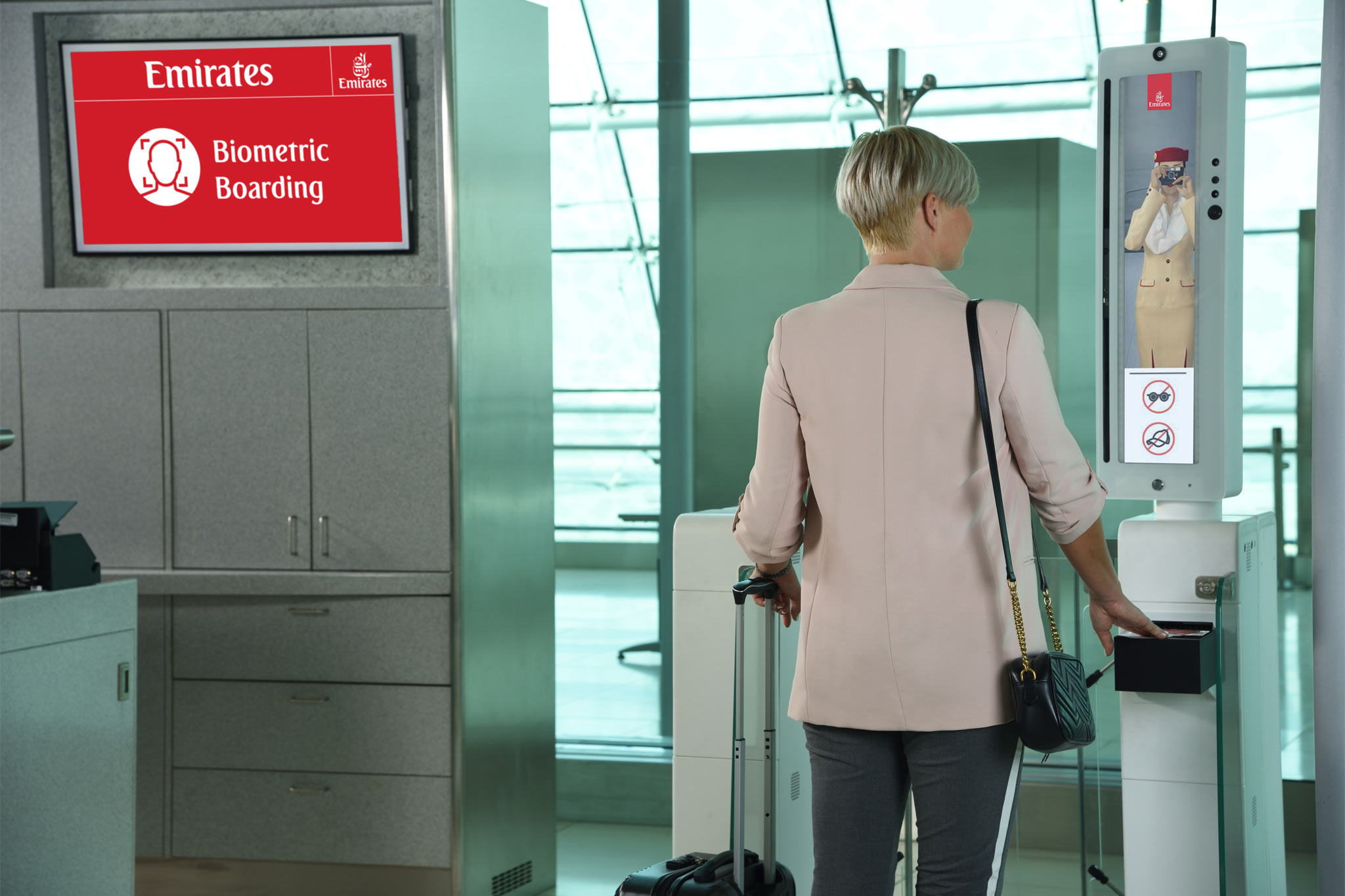Passengers will foot the bill as airline costs go up, with higher air fares expected under the European Union’s new emission rules. EU officials have given their early approval for changes to the bloc’s emissions trading system which is expected to increase costs for airlines.
With changes to the EU’s Emissions Trading System (ETS) on the horizon, analysts expect the increased costs for the aviation industry will hit passengers in the pocket. As reported in the Financial Times, tickets could go up as much as €10 ($10.70) per return flight within the next few years due to increased emissions levies raising airline operational costs – EU officials have granted their initial approval for the changes, with a final vote set to take place this spring.
Bernstein analyst Alex Irving estimates that the cost of complying with the EU ETS system will cost the six largest intra-EU airlines around €5 billion ($5.35 billion) in 2027, up from €3.5 billion ($3.74 billion) in 2019. Irving added that “airlines cannot absorb that … and will need to increase prices,” which will lead to around €8 and €10 more per return flight.
Olivier Jankovec, director-general of airports industry group ACI Europe, told a conference that the EU is undergoing a “major policy reset,” something which will only lead to “increasing costs for airlines, increasing fares and lower demand.” On top of the proposed changes to its emissions trading system, the EU is currently negotiating new rules around the mandatory use of sustainable aviation fuel (SAF) and increased taxes on kerosene which would only drive up airline costs further.
No more free allowances
Airlines currently benefit from being granted a significant proportion of emission allowances for free, but this is set to end by 2026. As a result, major carriers could end up paying around three times their current outlay within the next few years.Deutsche Bank analyst Jaime Rowbotham estimates that easyJet, Ryanair and Wizz Air will spend a total of €785 million on carbon allowances over FY2023 – working out at €2.60 per passenger journey – but this will rocket up to €2.25 billion by the middle of the decade.
Jo Dardenne, Aviation Director at Transport & Environment, commented, “Carbon pricing is an essential tool for emissions reduction in Europe … it’s only right that airlines pay their fair share for emissions.”
Drop in demand expected
As fare prices go up, analysts expect a considerable drop in demand for flights to follow. Lobbying group Airlines for Europe has projected major airports in Europe could become up to 30 per cent more expensive over the next decade, leading to a 17 per cent reduction in demand for air travel. Airlines for Europe said, “Sustainability legislation such as the EU’s … could see flying via EU hubs like Amsterdam, Paris or Frankfurt becoming about 23–29 per cent more expensive in 2035.”
Ryanair head Michael O’Leary has previously warned that passengers face years of rising ticket fees as airlines face steeper costs and predicted the era of “absurdly” cheap air fares is over.
This is a repost from Simple Flying, written by Luke Bodell. Source: Financial Times



